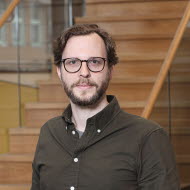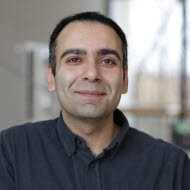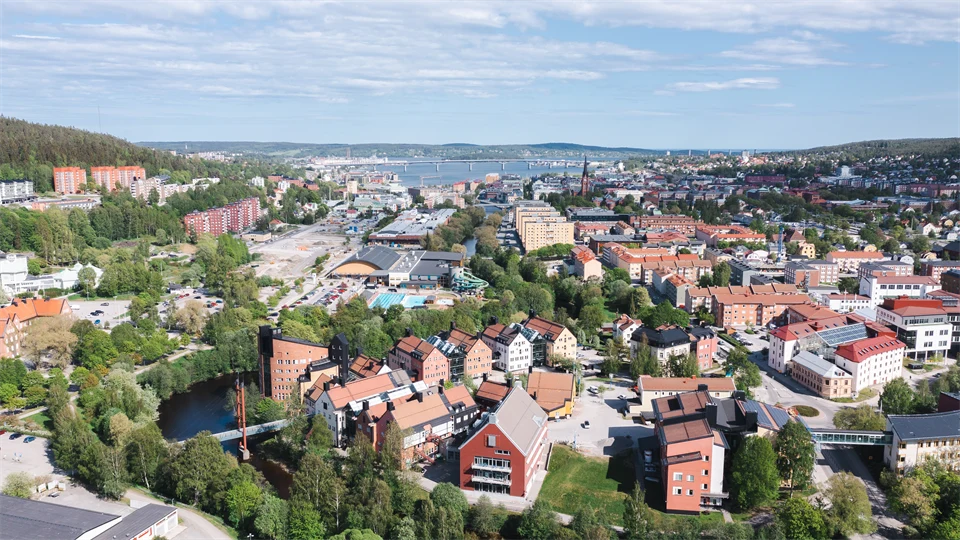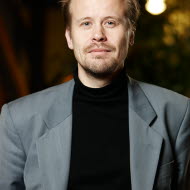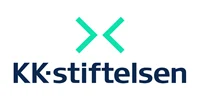TransTech2Horizon
More international researchers and improved opportunities for companies in the region to recruit internationally—these are a couple of the goals as Mid Sweden University launches an acceleration program for future research leaders.
The first pilot initiative includes three researchers from Mid Sweden University.
The purpose of the new program is to build and develop collaborations around research funding. The Knowledge Foundation (KK-stiftelsen) is granting support for the development of this research program with 5 million SEK, and the total program budget amounts to 14.5 million SEK over three years. Eight partner companies and Mid Sweden University are co-financiers.
At Mid Sweden University, three researchers are participating in the pilot program for research leaders. These researchers are Sebastian Bader, Associate Professor in Electronics; Carlos Botero, PhD in Mechanical Engineering; and Alireza Eivazi, PhD in Chemical Engineering.
Their research projects focus on intelligent structural health monitoring through embedded machine learning, additive manufacturing of tungsten for energy applications, and the mineralization of cellulose-based materials using carbon dioxide.
The acceleration program includes international collaborations and co-production. It aims to build more knowledge within the selected research areas and prepare both academia and industry for increased research collaborations in Europe. There will also be open seminars and events to disseminate knowledge and deepen collaborations.
The goal of the program is to generate at least six strong applications in calls within the EU's Horizon program and, hopefully, secure new funding in the area, as well as establish several new international research partners and collaborations in various networks.
ALP 1 Intelligent Structural Health Monitoring through Embedded Machine Learning, Dr. Sebastian Bader
This ALP focuses on the technological domain of tiny machine learning (TinyML), enabling the operation of machine learning algorithms on extremely resource limited computing devices. Together with two industrial partners – the IoT companies CNET AB and Starbit AB – developments of TinyML methods will be investigated based on cases within structural health monitoring applications. The ALP will address key opportunities and
challenges through pre‐studies, including on‐device learning and low‐power hardware acceleration. Preliminary results of these studies will be the basis for grant applications, addressing global and European challenges on sustainable and reliable infrastructures through pervasive monitoring systems.
ALP 2 Advancend Materials and Processing - PBF-EB of pure W for nuclear applications, Dr. Carlos Botero
This ALP proposes a feasibility study for the Additive Manufacturing (AM) of highly pure tungsten (W) materials for fusion energy application. The AM technology proposed is Electron Beam‐based Powder Bed Fusion (PBF‐EB), which is an excellent alternative for processing of W due to its hot and clean (vacuum) process environment, and to the versatility and high power of the electron beam. The ALP combines the capabilities at
MIUN in materials development for PBF‐EB with the expertise of Sandvik in metal AM, the W raw material (powder) from Wolfram and the PBF‐EB machine support from Freemelt. By identifying the main challenges and opportunities in processing W, the results from this sub‐project will help to set the groundwork for a larger EU project application.
ALP 3 Mineralization of cellulose-based materials via carbonation method, Dr. Alireza Eivazi
This proposal aims to investigate the mineralization of lignocellulosic materials using carbon dioxide (CO2) via the carbonation process to obtain novel inorganic‐organic composite materials for biomedical and construction applications. The visionary outlook of the project is to connect the pulp and paper industry to the industries with high CO2 emissions while simultaneously addressing the EU’s circular economy and climate mitigation objectives. This includes investigating how mineralization can be applied as an efficient carbon capture, storage, and recycling process to produce value‐added materials from low‐value lignocellulosic materials in the pulp and paper industry and other industrial by‐products and wastes like ashes, thereby providing a new technology to decrease direct CO2 emissions to the atmosphere and mitigate global warming. The project is planned to be executed in collaboration with the two relevant regional stakeholders in the pulp and paper industry (SCA) and power plants industry (Sundsvall Energy).
Facts
Project period
240901—271231
Research centers
Departments
Project leader
Project members
